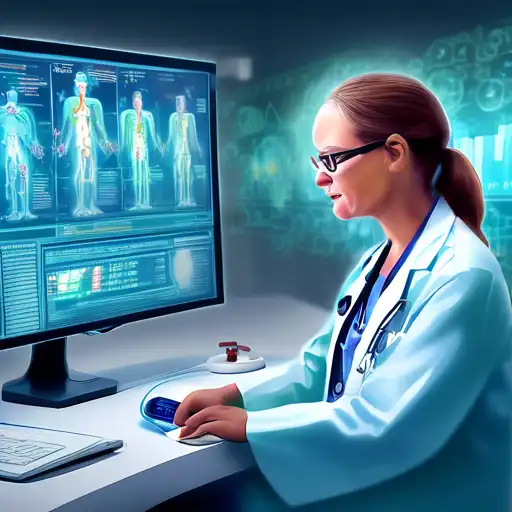The Power of Big Data in Transforming Healthcare
In the digital age, big data has emerged as a revolutionary force in healthcare, offering unprecedented opportunities to improve patient outcomes. By analyzing vast datasets, healthcare providers can uncover patterns, predict trends, and make informed decisions that enhance the quality of care.
Understanding Big Data in Healthcare
Big data in healthcare refers to the massive volumes of information generated by digital technologies that collect patient records, manage hospital operations, and track healthcare outcomes. This data, when analyzed, can lead to significant improvements in patient care and operational efficiency.
Benefits of Big Data for Patient Outcomes
The application of big data analytics in healthcare has several benefits, including:
- Improved diagnosis and treatment plans through predictive analytics.
- Enhanced patient monitoring and personalized care.
- Reduced healthcare costs by identifying inefficiencies.
- Increased accuracy in clinical trials and research.
Challenges and Solutions
Despite its potential, the integration of big data into healthcare faces challenges such as data privacy concerns, the need for skilled personnel, and the high cost of technology. However, solutions like advanced encryption methods, training programs, and cloud-based platforms are making big data more accessible and secure.
Future Prospects
The future of big data in healthcare is bright, with advancements in artificial intelligence and machine learning paving the way for more sophisticated analyses. These technologies promise to further personalize patient care and streamline healthcare processes.
For more insights into how technology is shaping healthcare, explore our articles on health informatics and medical technology.
Conclusion
Big data is transforming healthcare by enabling more accurate diagnoses, personalized treatments, and efficient operations. As technology evolves, the potential for big data to improve patient outcomes is limitless. Embracing this change is essential for healthcare providers aiming to deliver superior care in the 21st century.
